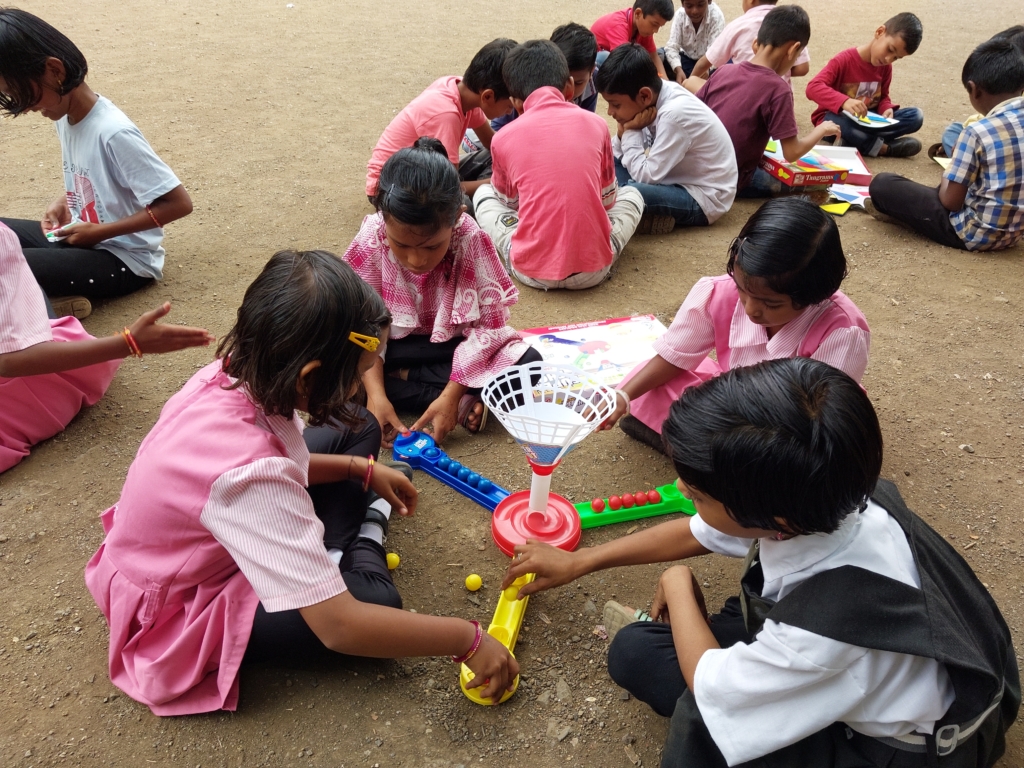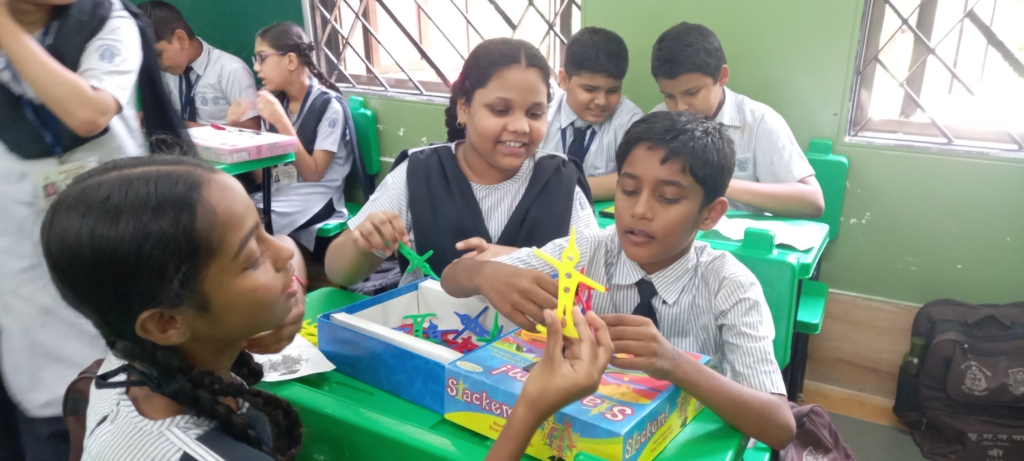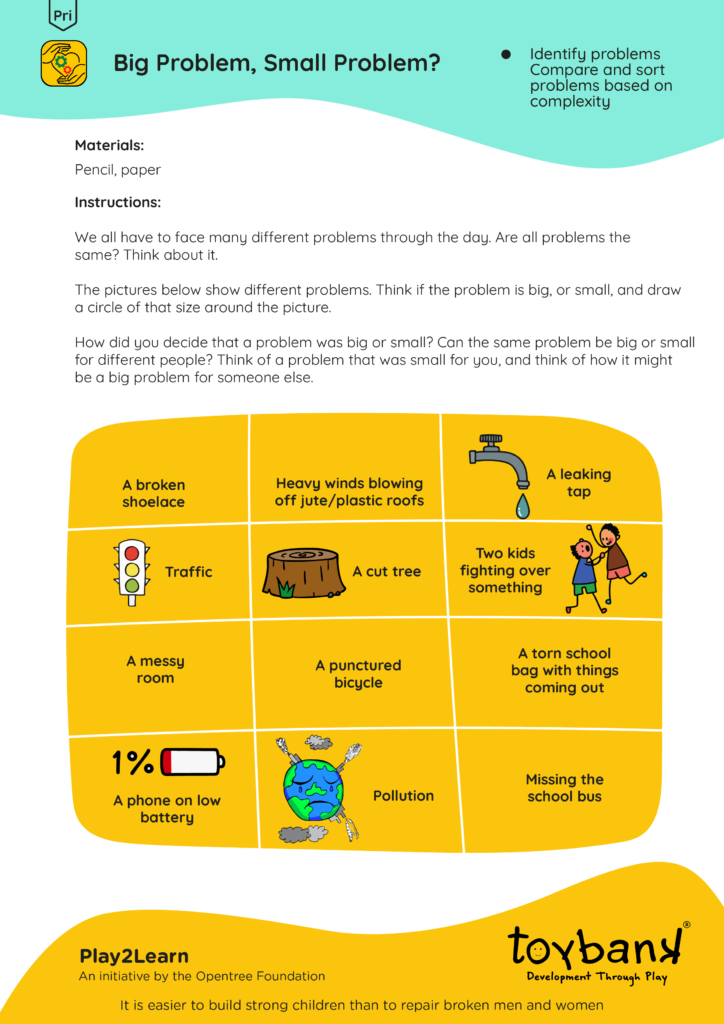Annual Report 2015-16: Every child needs play
Children are too full of life to be confined by just letters and numbers, and going beyond basic literacy and numeracy is the need of the hour in an ever-evolving world.
Annual Report 2021-22: Navigating the new world
Our planet heralded the emergence of a ‘new normal’ as norms of living got redefined. But the childhood pandemic that denies children their Right to Play has barely waned.
Annual Report 2016-17: Play without prejudice
Children know no malice – unacquainted as they are with the biases of religion, caste, race, or class.
Annual Report 2017-18: Power of play
The mountain of rings is a riot of colours, like looping the rainbow!
It may seem simple, but the stacking activity is replete with benefits. It teaches about colours and sizes perception along with problem-solving; enhances coordination movement, stimulates visual development, strengthens the sense of touch and improves motor skills – just like play at large.
Annual Report 2018-19: Reaching a milestone
Toybank is a journey we embarked on — to give every child in the world a toy to play with — 15 years ago. As we reach this significant milestone, our heart is brimming with not only pride for touching the lives of tens of thousands of children but also immense gratitude towards those who have helped us every step of the way to get here.

























